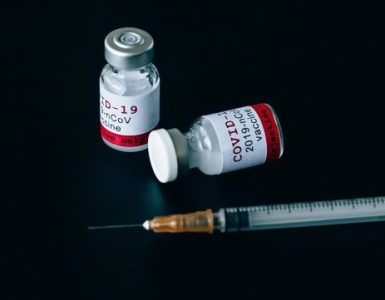 The Pentagon is seeking new research on how to stop Ebola virus and a series of diseases and biological agents that “pose a material threat sufficient to affect the United States’ national security,” a newly filed research request shows.
The Pentagon is seeking new research on how to stop Ebola virus and a series of diseases and biological agents that “pose a material threat sufficient to affect the United States’ national security,” a newly filed research request shows.
The Defense Threat Reduction Agency, which tries to counter weapons of mass destruction and other threats, wants new research to prevent or cure a variety of diseases that include:
- B. pseudomallei, a “gram-negative biological pathogen that causes Melioidosis,” which primarily strikes people living in Southeast Asia and northern Australia. The disease occurs naturally, the document shows, and a recent study in Thailand indicated it has a 43% mortality rate. It also has potential bio-terrorism applications.
- B. mallei, another pathogen that causes a disease called Glanders, which strikes people in Africa, Asia, the Middle East and Central and South America.
- Filoviruses, such as Ebola and Marburg. Both of these viruses affect people in Africa. Ebola hemorrhagic fever is almost always fatal and “is characterized by fever, headache, joint and muscle aches, sore throat and weakness, followed by diarrhea, vomiting and stomach pain,” according to the Centers for Disease Control and Prevention. “A rash, red eyes, hiccups and internal and external bleeding may be seen in some patients.”
- Alphaviruses, such as equine encephalitis.
“Since these viruses pose a serious threat to human health and are considered potential biological weapons, an urgent need exists for effective therapeutics against these agents,” the DTRA solicitation says.
DTRA officials, the document says, are concerned about the potential use of “aerosolized filoviruses or alphaviruses” that could be delivered through the air.
Some of the illnesses, such as Meloidosis, affect people in areas where the Pentagon is devoting more attention. For example, a contingent of Marines is now based in Darwin, a city in northern Australia.
While there are some vaccines that can treat some of these conditions, the document says, “they have inherent limitations and a suitably effective vaccine has to be approved.” That’s why it’s critical for more research to be conducted to find ways to prevent and treat them, DTRA says. The solicitation gave interested researchers until Oct. 16 to apply for grants.
Source: USA Today

















